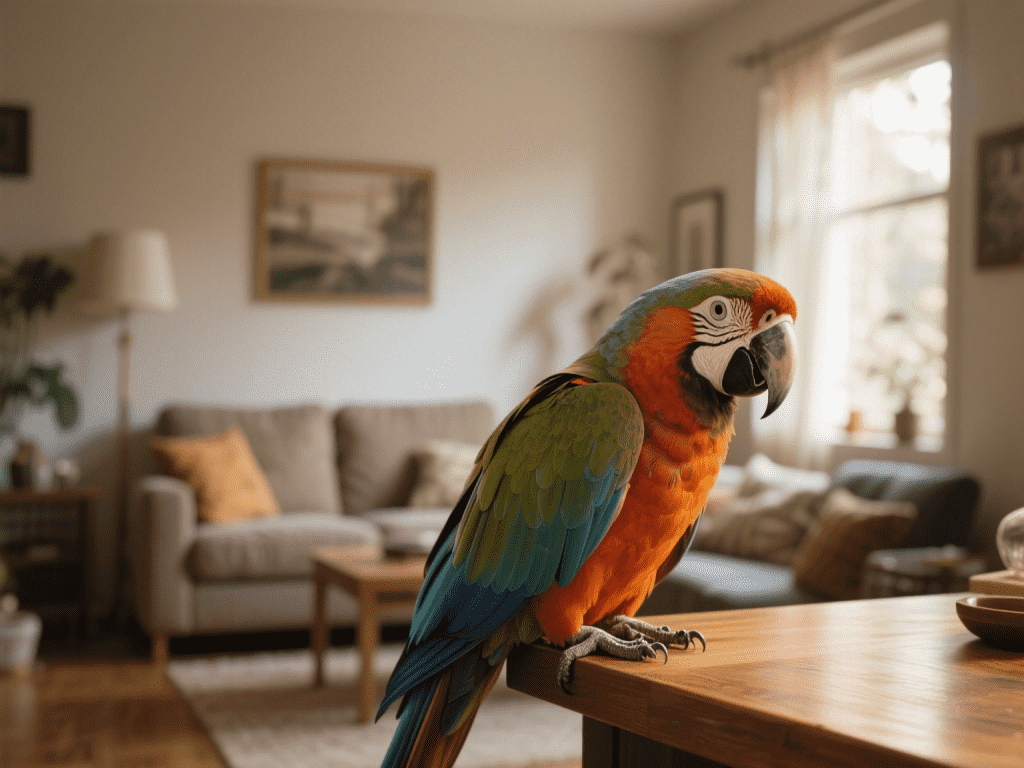
Birds, with their delicate psyches and social nature, can experience anxiety much like any other companion animal. Drawing on over 12 years of avian behavior study and firsthand rescue experience, I’ll help you recognize the subtle cues of stress in your feathered friend—and share expert strategies to restore peace and trust in your home.
Why Monitoring Anxiety Matters
Prevents Feather Damage
Chronic stress leads to destructive plucking and brittle feathers.Supports Immune Health
Anxiety can weaken immunity, inviting infections.Enhances Bonding
A relaxed bird is more likely to engage, vocalize, and trust.
Seven Signs of Avian Anxiety
Feather Plucking or Over‑Preening
Excessive Vocalization or Screaming
Pacing and Wing‑Flapping
Loss of Appetite
Head Bobbing or Twitching
Hiding in Cage Corners
Aggressive or Fearful Behaviors
Expert Relief Strategies
1. Enrichment & Foraging Toys
Rotate puzzle feeders and hide treats in safe foraging mats.
Introduce new textures, scents, or sounds weekly.
2. Consistent Routine
Feed, interact, and clean cage at the same times daily.
Predictability builds security for flight‑ridden prey species.
3. Safe, Quiet Retreat
Provide a covered “nesting box” or quiet corner inside the cage.
Use soft lighting or a bird‑safe tent to reduce visual stress.
4. Gentle Socialization
Speak softly and blink slowly to convey calmness.
Offer short, supervised out‑of‑cage time in a bird‑safe room.
5. Environmental Calmers
Use bird‑safe essential oils (lavender) diffused at low concentration.
Play soft classical or nature sounds to soothe nerves.
When to Seek Professional Help
If anxiety behaviors persist beyond two weeks—despite enrichment and routine—consult an avian veterinarian or certified behaviorist. They can rule out medical causes or recommend tailored behavior modification plans.
Conclusion
Recognizing and addressing anxiety in pet birds not only preserves their health and plumage but deepens the bond you share. By combining enrichment, consistency, and gentle handling, you’ll transform stress into a thriving partnership full of chirps, whistles, and trust.




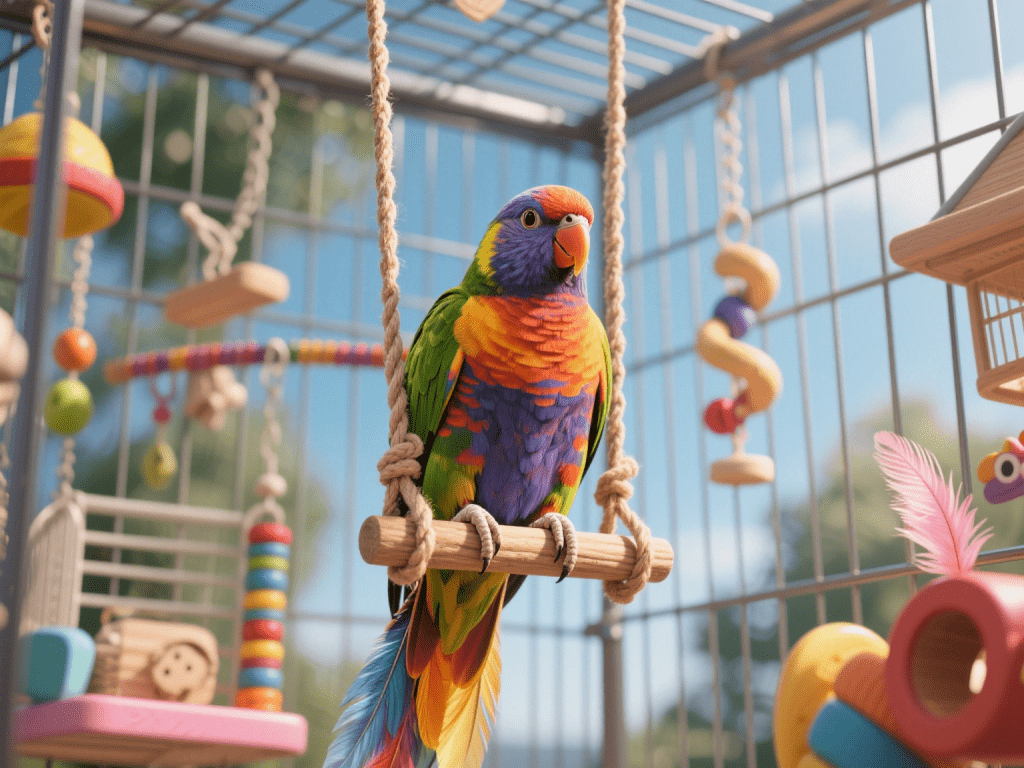
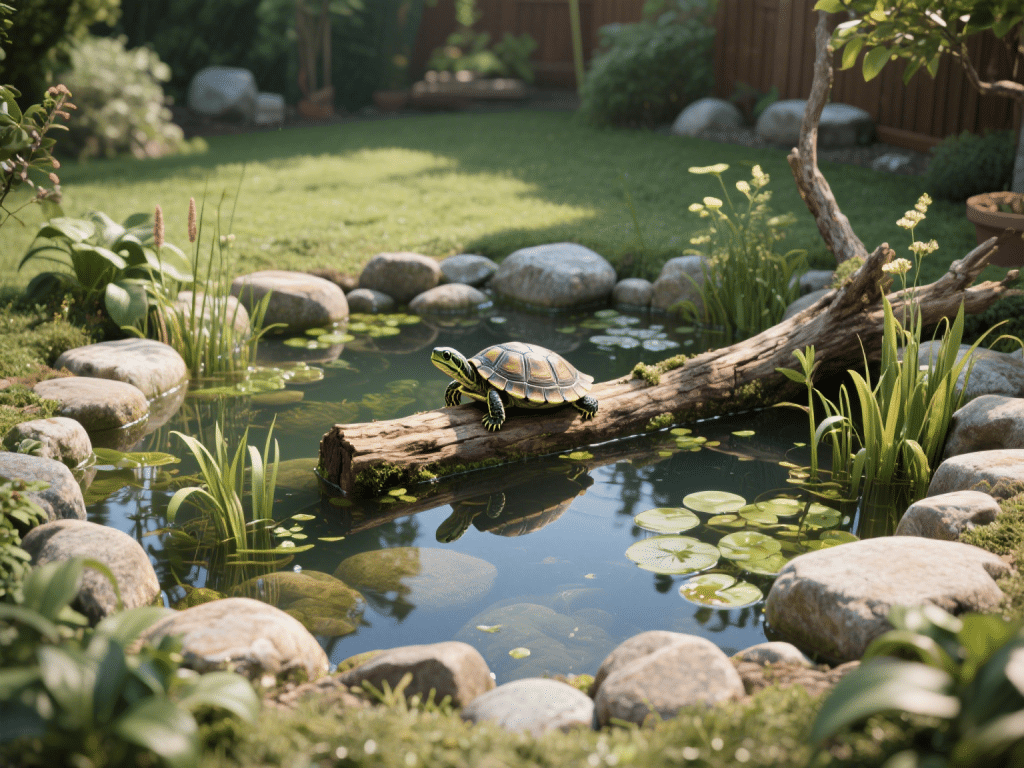
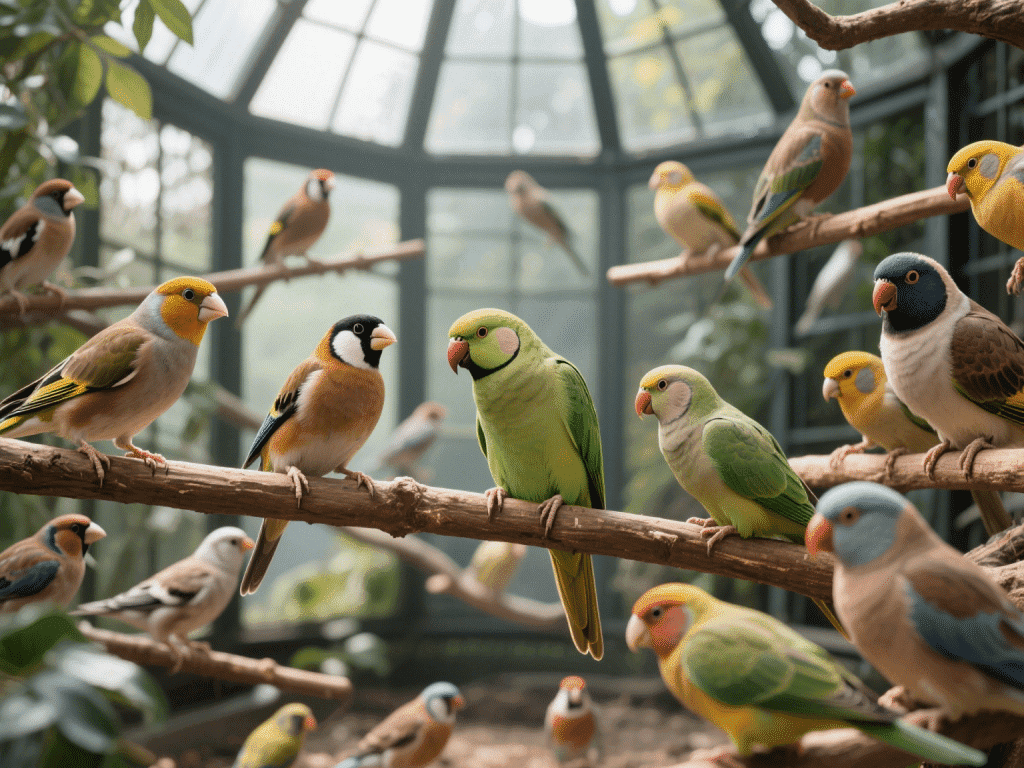
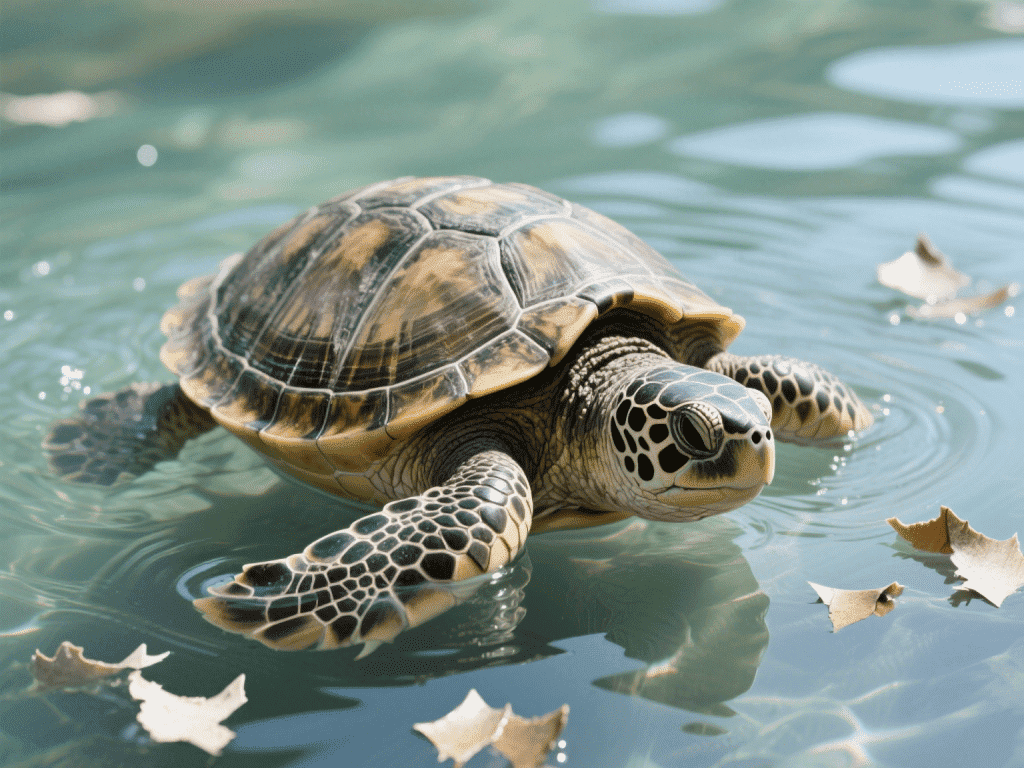
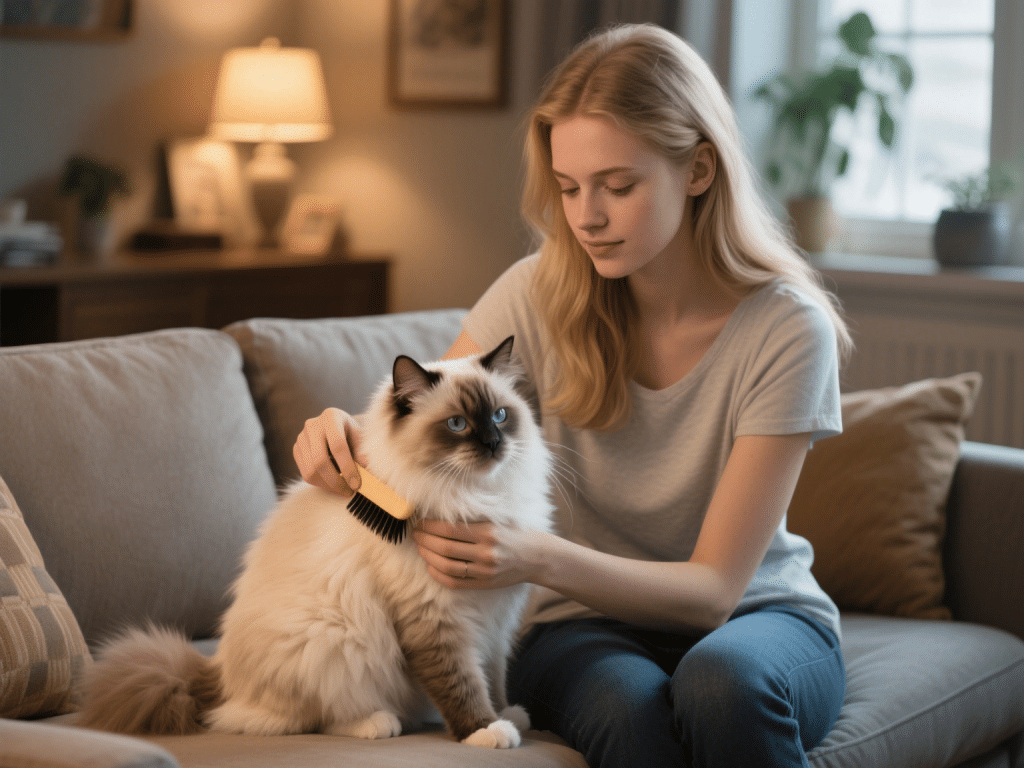
Comments on " Top 7 Signs Your Pet Bird Is Feeling Anxious—And How to Help" :